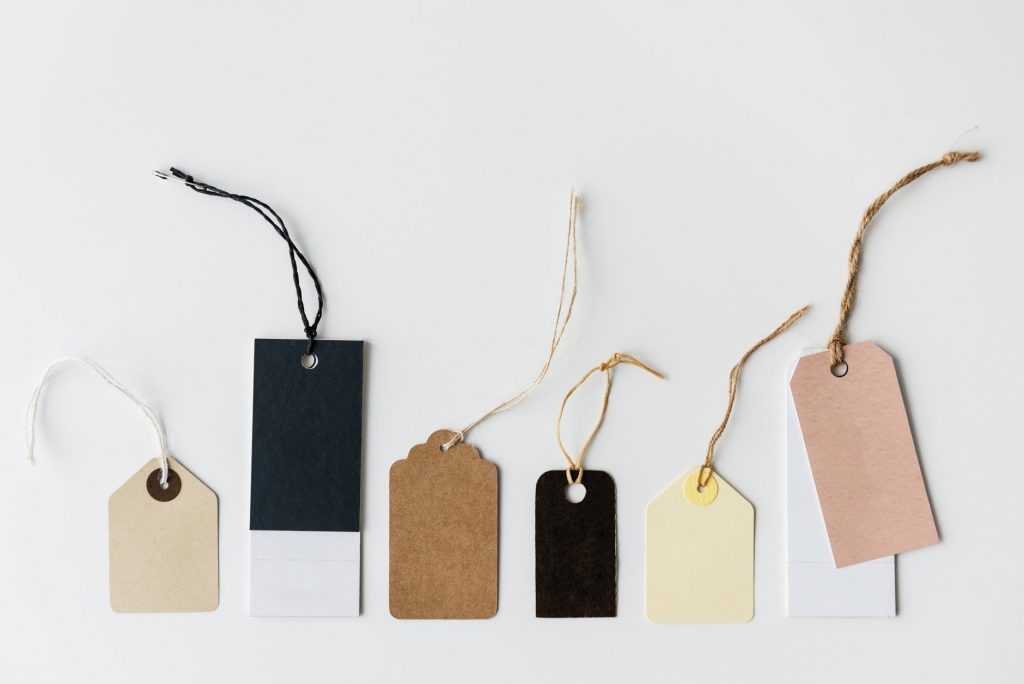A quick look at any online or digital media quickly shows the pejorative language used and the strength of feeling aroused when you read the words ‘junkie’ or ‘alcoholic’.
For us at REACH Advocacy, this is just one piece of proof that the label of addiction usurps our human rights.
Unfortunately, these images and narratives influence public perception and workplace environments, and it’s something we deal with on a daily basis, both with the clients we work with and their relationships with public institutions.
REACH Advocacy started its journey in 2010 due to lived experience of a dual diagnosis of addiction and mental health. We received funding in March 2017. While we’ve done a lot in a short space of time (we’ve developed the first Scottish Qualifications Authority Advocacy Award that covers all the protected characteristics in the Equality Act, for example), there’s still much more to be done and we’re still the only dedicated advocacy service that specifically works with addiction & mental health in Scotland.
‘A Narrative of Deserving Versus Undeserving’
 Image Credit: Negative Space / Pexels
Image Credit: Negative Space / Pexels
This cultural narrative in the media is influenced by the models of ‘deserving versus undeserving’ and a ‘lifestyle choice’ rhetoric. A by-product of this is the haste with which people jump to conclusions and adopting very black and white styles of thinking.
An example of this can easily be seen in some high street chemists. Rules are often put in place determining set times of attendance, banning clients coming in with friends and ruling out any socialising while on the premises.
However, instead of helping those struggling with addiction, these kinds of naïve concepts can lead reasonable people to do unreasonable things. This can also be seen in therapeutic relationships, where it’s quite common to hear the use of medication being used to impose some notion of power and control over a client.
How Does Mental Health Fit Into The Picture?
 Image Credit: Rawpixel / Unsplash
Image Credit: Rawpixel / Unsplash
Studies highlight a significant crossover between both groups, with anywhere between 50 and 75 percent of people seeking treatment for mental health also suffering from addiction, and 75 percent of those primarily seeking treatment for addiction living with mental health problems.
Commonly, people with dual diagnosis find themselves caught between addiction and mental health services as they battle it out over who should be doing what first. Many use psychoactive substances as a coping strategy for dealing with mental health issues or trauma issues.
The underlying issues are put aside until the person provides evidence of abstinence from their drug of choice – they are effectively barred from being seen by a mental health professional, meaning they go untreated.
‘An All-Powerful Label’
 Image Credit: Rawpixel / Pexels
Image Credit: Rawpixel / Pexels
The National Institute for Health and Care Excellence guidelines do look at some of the factors leading to poor life outcomes for people suffering from addiction. Staff stigma towards patients is acknowledged as one of the factors for this.
The label of addiction is all powerful. However, data shows the majority of those with addiction issues come from poor, deprived areas and or have suffered adverse childhood events. It really is amazing how a child in care has person-centred treatment, but as soon as they enter adulthood they are left to navigate a jungle of public institutions – is that a lifestyle choice?
This prompted us to ask the UK Parliament why addiction isn’t included in the Equality Act 2010, despite a backdrop of research showing it is a long term health condition. We were told:
Parliament is supreme and […] is not bound by any particular school of thought and used its prerogative to decide that addiction in itself will not be protected under the Equality Act.
A Human Rights Approach
 Image Credit: Gd Dim / Unsplash
Image Credit: Gd Dim / Unsplash
We developed our advocacy award to help make rights a reality for those with mental health and addiction issues. The most vulnerable in our society don’t know their rights, our award allows candidates to learn the language of human rights in everyday life and to recognise when their rights are being challenged. It aims to redress some of the power imbalance inherent in large social institutions by promoting the ’right to health’ and the social determinants of health.
By using a human rights framework, we are able to discuss the concept of responsibilities at the individual and social level, underlining the importance and benefits of education. We’re also now working with the World Health Organisation.
However, there is much more to be done. We were amazed when we asked the Royal Colleges of Psychiatry (RCP), British Psychological Society (BPS) & the British Medical Association (BMA) what their guidelines were on addiction & mental health (dual diagnosis) and were shocked to find out there is none.
The BMA said it was not their role as they were a trade union, BPS suggested we only give this to trained practitioners and the RCP said they make use of NICE guidelines.
A rights-based and person-centred approach across all institutions is vital to make sure everyone is allowed to access their human rights.






